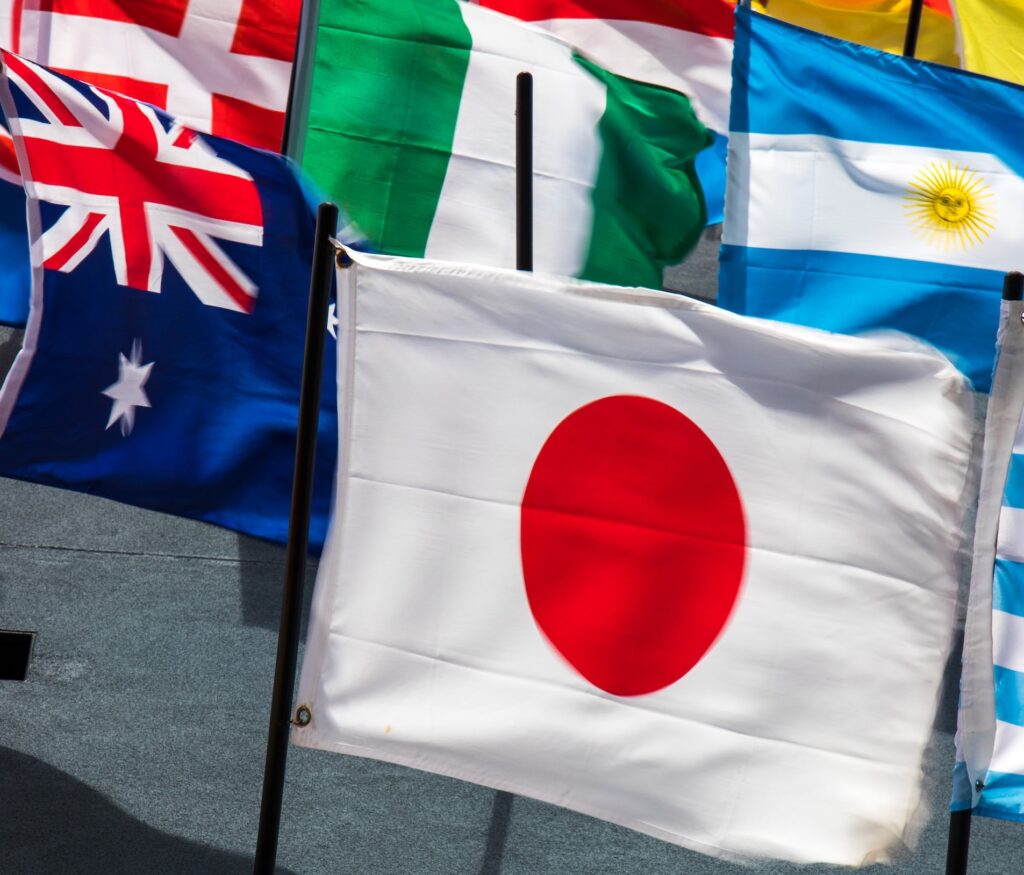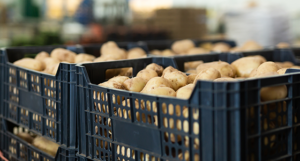
Potato industry hopes for market movement in Japan
A decades-old battle to fully open the Japanese market to U.S. fresh potatoes received a recent infusion of fighting words, but whether a renewed focus on the issue yields results remains to be seen.
USDA Secretary Brooke Rollins told news outlet Agri-Pulse in late April that she will “go in guns-a-blazing, in the best way, to advocate very, very, very strongly” for full access during an upcoming visit to Japan.
While the U.S. has exported chipping potatoes to Japan since 2006, table stock access was first requested almost 30 years ago. In light of Rollins’ comments, National Potato Council CEO Kam Quarles is hopeful that impasse could break soon.
“This thing is pretty well teed up for them to make some real progress on, just because it is so incredibly simple,” Quarles told Spudman April 29. “Japan’s industry has convinced their government to stonewall on this, and that’s been the story for the past 20 years. It’s going to take some very significant political pressure, but really no more than that, to get this thing moving.
“There’s no nuance here. It’s just simply: Can you push back this protectionism?”
In March, Rollins announced she will visit six international markets, including Japan, in an effort to boost American agricultural exports. A date for the Japan trade mission has not yet been set.
“This is exactly the momentum the U.S. potato industry needs to finally get this decades-long market access issue finalized,” Brett Jensen, National Potato Council vice president of trade affairs, said in a statement. “We thank Secretary Rollins for making U.S fresh table stock potato access a priority during her trade mission to Japan.”
MEETING MERRY-GO-ROUND
In September 2024, USDA Animal and Plant Health Inspection Service (APHIS) and Japan’s Ministry of Agriculture, Farming and Fisheries (MAFF) met for annual bilateral meetings in Idaho Falls, Idaho. Gov. Brad Little joined the U.S. delegation’s call for full Japanese market access.
Quarles then led a trade mission to Japan in November but said no progress was made.
“Japan was really still slow-walking this whole process, slow-walking to the point of a glacial pace,” said Quarles, who also served as a technical expert during plant health meetings in Tokyo in September 2023. “The very minor concessions they provided at the end of last year, they actually pulled those back and said, ‘We want to renegotiate. We gave you tiny little crumbs, and we want to take those crumbs back and renegotiate them again.’ If it wasn’t so serious, it would be kind of comically absurd.
“The message is very clear from Japan. They have no intention of moving this thing forward.”
The annual plant health meeting between U.S. and Japanese officials will occur this year in the Pacific Northwest, though a date has not been finalized, Quarles said.

Ahead of the 2024 Idaho meetings, Quarles told Spudman that Japanese opposition comes from a small but politically powerful domestic potato industry in a country that imports no fresh potatoes and allows chipping potatoes to be imported on a limited basis.
“No fresh potatoes can be sold at retail (or) used in restaurants. It’s all domestic production,” he said in 2024. “And obviously that’s a valuable market for that small industry. If you have a monopoly, you probably don’t want to give it up.”
Japan is dragging out the fresh market access process, Quarles said, through an “unusual” handling of the pest risk assessment framework APHIS uses to determine if potential imported plant commodity pests should be regulated and what phytosanitary measures should be taken.
“Usually you would have a pest list, however many pests are on that. And you would have a pest risk assessment that embodied all of those pests,” Quarles said. “Japan has taken the unusual position of saying we will do individual pest risk assessments on every pest. It appears to be a tactic that will allow you to delay things almost indefinitely.”
The USDA has estimated that full access to the Japanese market would result in a 10% to 15% increase in global U.S. fresh potato exports, or $150 million to $200 million annually.
TARIFFS AS PRESSURE
Whether tariffs can serve as a negotiating tool also remains uncertain, as President Donald Trump has announced, then paused, tariffs several times in his first 100 days in office.
In mid-April, the White House announced a 90-day pause on increased reciprocal tariffs for most U.S. trading partners, excluding China. On May 12, the U.S. and China paused tariffs on each other as part of an agreement that will cut U.S. tariffs on Chinese imports from 145% to 30% and Chinese tariffs on U.S. imports from 125% to 10%.
Longer-term tariff talks between the U.S. and Japan took place April 16 in Washington, D.C. Ryosei Akazawa, Japan’s top tariff negotiator, told the Japan Times that a quick resolution appears unlikely.

“It is challenging to track everything,” Quarles told Spudman. “There’s a lot of concerned (parties) — not only growers, but also a number of different folks up and down the supply chain who are trying to make sense of all this. We get a lot of calls on that every day. We’re trying to step back and provide a little bit of perspective on how all this may evolve positively for the industry. And clearly you have potential negative outcomes there, too.
“I’ve got to believe that the administration doesn’t want to see those negative outcomes happen. Clearly, just since their (initial tariffs) announcement, they’ve seen a lot about how markets will react and how industries will react to certain proposals, and I think they’re adjusting their focus based on that feedback.”
Goods compliant with the United States-Mexico-Canada Agreement, including fresh and processed potatoes, are not subject to tariffs, which Quarles said is a positive. China, India and the European Union are “unlikely to be export markets in the future,” he said, with the EU and India “a bit more of an open question.”
The U.S. and the U.K. also reached a tariff agreement May 12. The U.S. plans to export $5 billion in products like machinery and ethanol, along with agricultural products, to Great Britain, with the 10% baseline tariff on British imports remaining.
“Those countries (India and EU nations) clearly are threats, not only to the domestic market here in the U.S., but also to valuable export markets around the world in terms of their interest in shipping competing product there,” Quarles said. “Our ability to access their markets is really compromised both by tariffs as well as non-tariff barriers.”
NPC hosted industry representatives from potato-growing states the first week of May in Washington, D.C. Officials coordinated positions on federal policy and met with lawmakers, with access to the Japanese market “front and center,” Quarles said.
“There is absolutely a very legitimate path forward to open this thing up and make it go very quickly,” he said, “but it will take the U.S. administration digging in.”














